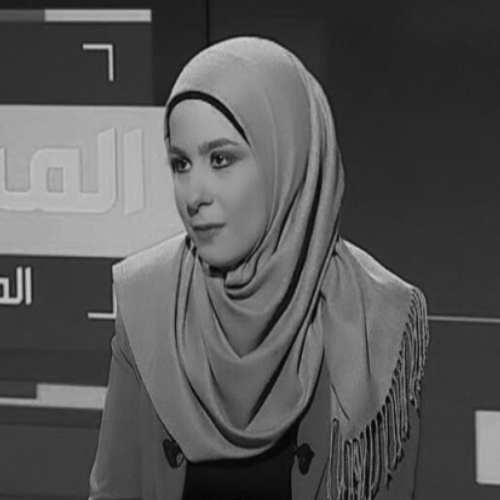
By Saja Mortada
Tuesday , April 16 , 2019
 In an anguished and trembling voice, Sarah*tells of her hardship: “I was forced to abandon my daughter unwillingly.” The baby clothes she holds as she talks, all she has to remember her daughter Zahra now 6 by, end up soaked in tears.
In an anguished and trembling voice, Sarah*tells of her hardship: “I was forced to abandon my daughter unwillingly.” The baby clothes she holds as she talks, all she has to remember her daughter Zahra now 6 by, end up soaked in tears.
Five years ago, Sarah was forced to submit to her husband’s terms in order to get a divorce – including signing away at the Sidon Ja’afari court legal custody over her 7-month-old baby. It was the only way she could see to escape abuse and domestic violence she suffered at the hands of her husband during three years of marriage.
She felt forced to comply with the Ja’afari court which allowed her to see her baby for only eight hours a week in a small room in the house of her ex-husband’s uncle. She stopped even going that much because “my ex-husband showed up trying to sexually harass and insult me.” He also prevented her from seeing her daughter many times, as documented in a complaint her lawyer filed in 2016.
In an appeal Sarah asked that her visitation time be increased from eight hours to two days a week including an overnight stay. After a year, the court issued a ruling allowing the child to spend one night a week from Saturday till Sunday with her mother. Despite the ruling “I couldn’t see my baby. My ex-husband appealed the last ruling, and I couldn’t afford the court fees and a lawyer because of my poor financial situation.” She wipes away more tears.
Fifteen personal status laws apply to different religious sects in Lebanon, and custody ages differ from one sect to the other.
Age of Custody According to Personal Status Laws for Sects in Lebanon:



Article (348): The mother is entitled to custody of her child, male or female, while breastfeeding. When the child is weaned, a father is entitled to his son and the mother is entitled to her daughter until she reaches 7.
Article (349): Maternal custody rights are not to be withdrawn before 2 years of age for boys, or before 7 years of age for girls, unless the mother remarries during that period. If she remarries maternal custody is rescinded and transferred to the father.
Article (350): If a mother parts with a second husband by means of annulment or divorce or death, most religious clerics find it suitable to return restore maternal custody.
Article (351): if the father dies after custody is transferred to him the mother is more entitled to custody of males and females, whether married or single, than any of his relatives, even over paternal grandparents or whoever the father may have appointed as guardian.
Article (352): if the mother dies during the period of maternal custody, the father is more entitled than her named guardian or any of her relatives including her parents to get custody.
Article (353): if both parents lose the right to custody, the father’s father is entitled to custody. I he and the father have no appointed guardian, custody passes to the father’s relatives according to inheritance rights, closest relatives then furthest. In case of equal ranks of inheritance, custody is decided by drawing lots.
Article (354): Custody is to maintain the child’s safety, hygiene and supervision.
Article (355): Once a child of either gender comes of age no one has custody over him not his mother or his father. He is independent, and has the right to join whichever parent or relative he choses.
Article (356): The age of maturity for boys is 15 and for girls, 9.
Article (357): Doubt in the end of custody period is built upon its maintenance and continuity.
Article (358):
Maternal custody is granted based on the following conditions being met:
-Mother must be Muslim if the child is Muslim by law. Non-Muslim mothers have no right to custody over a Muslim child.
- Mother must be of sound mind. There are no right of custody for the insane even if the illness is not permanent.
- Mother must be free of any spousal obligation other than the child’s father
- Mother must be honest and righteous. She does not expose her child to moral or religious harm or endanger his rights and upbringing.
- Mother must be free of contagious disease such as tuberculosis, leprosy, etc.
- Mother may not travel with the child in a manner which prevents the father from practicing his parental rights over the child’s affairs and management.
Article (359): if the period of maternal custody lapses or the mother rescinds her right to custody, or she remarries, the father has no right to prevent her from seeing her child, but must enable her to do so.
Article (360): custody is a right that can be rescinded, or agreed upon. The mother has the right to rescind custody in its entirety or for a certain period like a month or two.
Article (361): He who marries a woman with a child from a previous spouse over whom she has custody, may not prevent her from practicing her maternal rights or force her to rescind her custody, whether the child’s father is alive or deceased. The mother has no right to feed, clothe, or otherwise spend her husband’s money on her child without his permission.
Article (362): Paternal custody is a firm right and cannot be rescinded.



Article 15 of the family law



Article 64 of Unitarian Druze personal status laws



Article 57 of the Orthodox Patriarchate of Antioch and All the East personal status laws



Article 93 of the Coptic orthodox personal status laws



Article 74 of the evangelical Church in Syria and Lebanon personal status laws



Article 130 of the Armenian orthodox personal status laws



Article 61 of the Syriac orthodox personal status laws



Article 111 of the Assyrian personal status laws



Article 123 and 124 of the Catholic personal status laws
Note: a judge’s decision may override the laws in favor of the mother or father, if the judge decides this is in the child’s best interest.
The Ja’afari courts (a supreme court and 20 magistrate courts) enforce with guidance from the Supreme Islamic Shiite Council – the supreme body of the Shiites of Lebanon – laws of “the Ja’afari Judiciary Directory” that have been in effect since 1994. There is no personal status law for the sect. The articles relating to custody in the directory state the father has the right to custody of boy children after 2 (when the child is weaned) and after 7 for girls.
In addition to the injustice women suffer within the framework of the law, divorcees may be forced to abandon their children even earlier, as was the case with Sarah. Both mother and children suffer emotionally when this happens.
Based on an informal survey of 54 separated women, this investigator found that seven out of 10 women going through divorce were forced to give up their children under pressure. It was also concluded that eight out of 10 did not appeal court decisions against them“ because they realize that the court will never grant them custody.” In addition, seven out of 10 women included in the survey confirmed that they were subject to “extortion” ranging from signing away legal rights as a condition of divorce, up to death threats.
Interactive review of a survey of 54 women who lost maternal custody in Ja’afari courts in Lebanon:
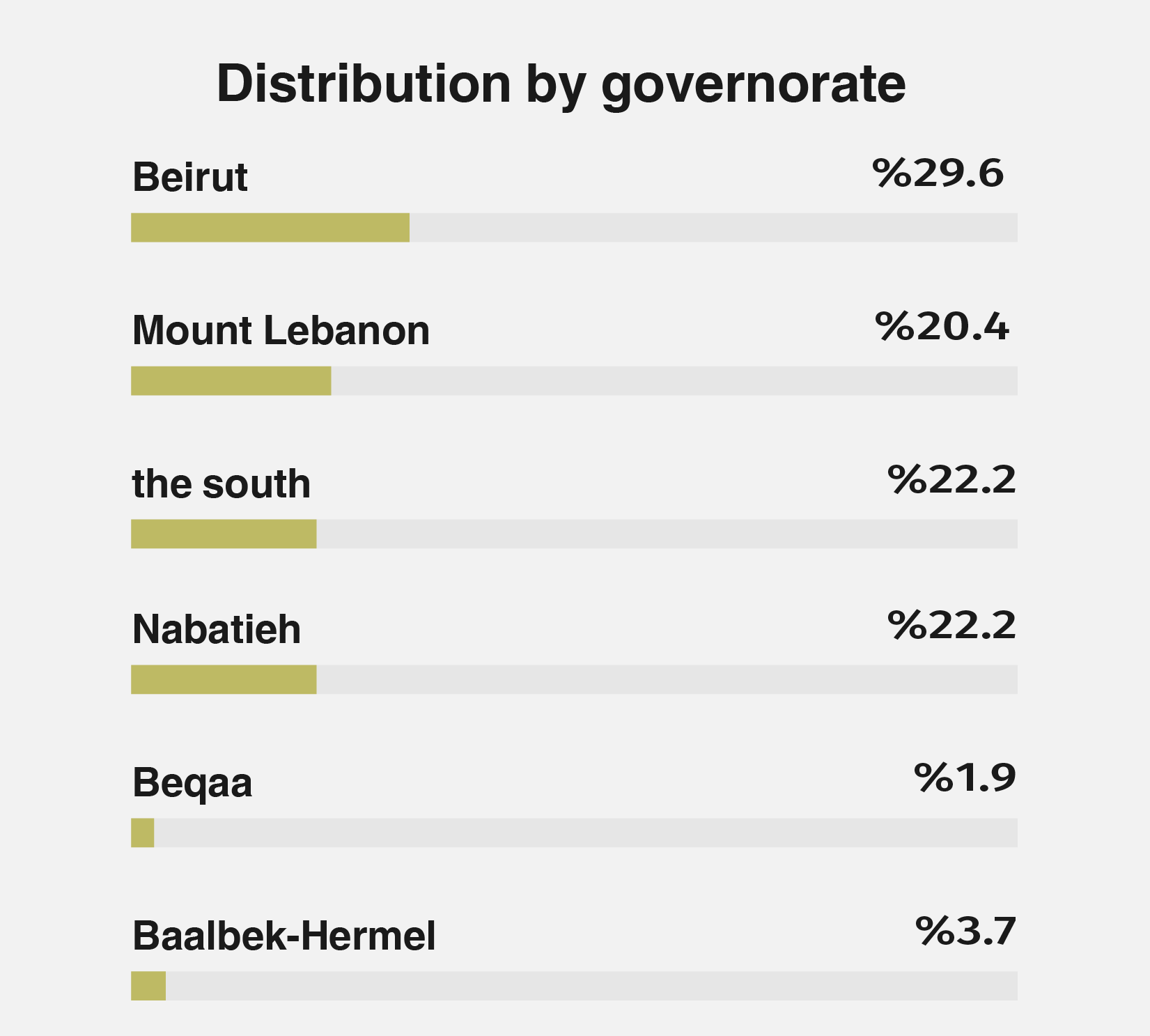
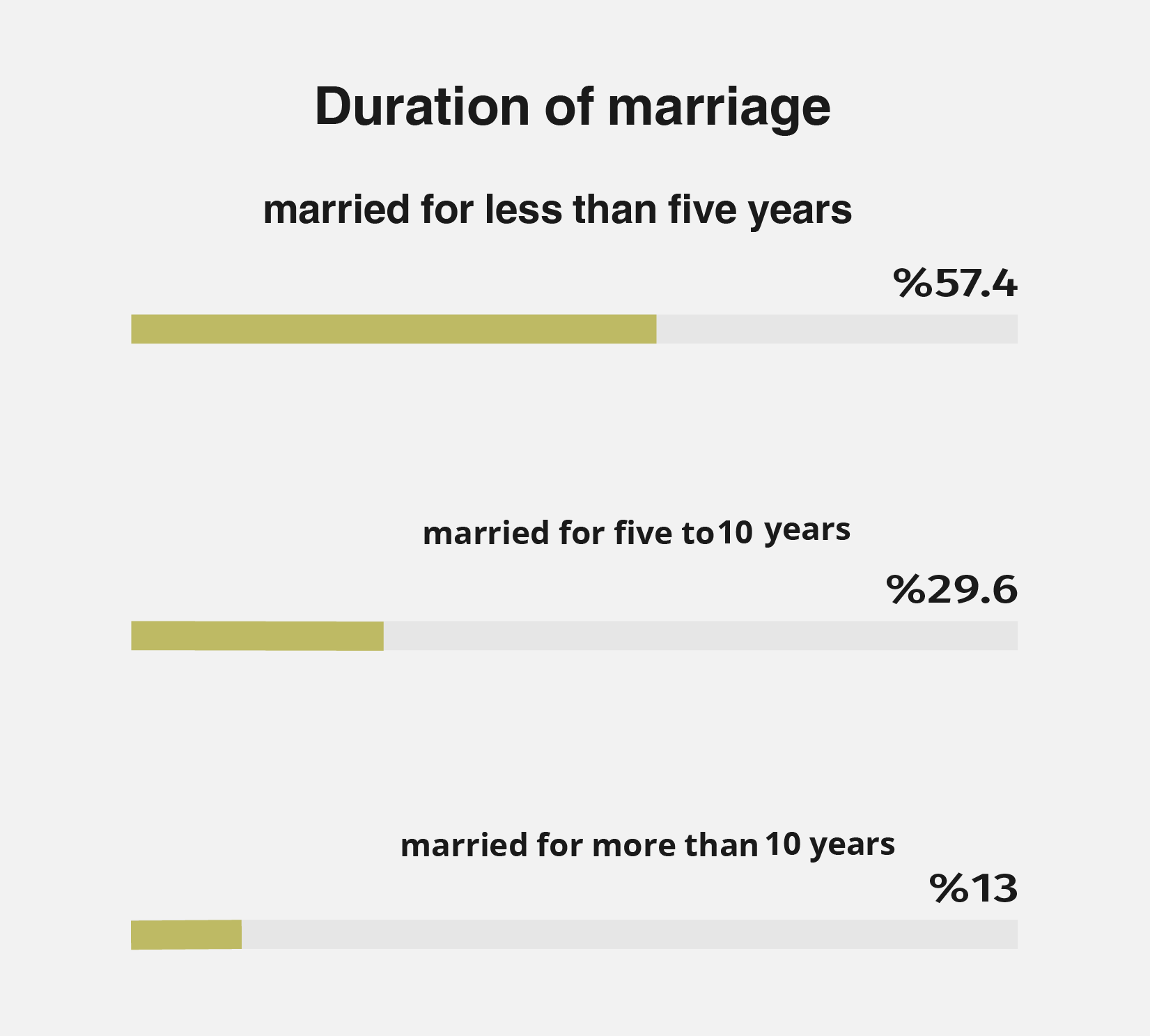
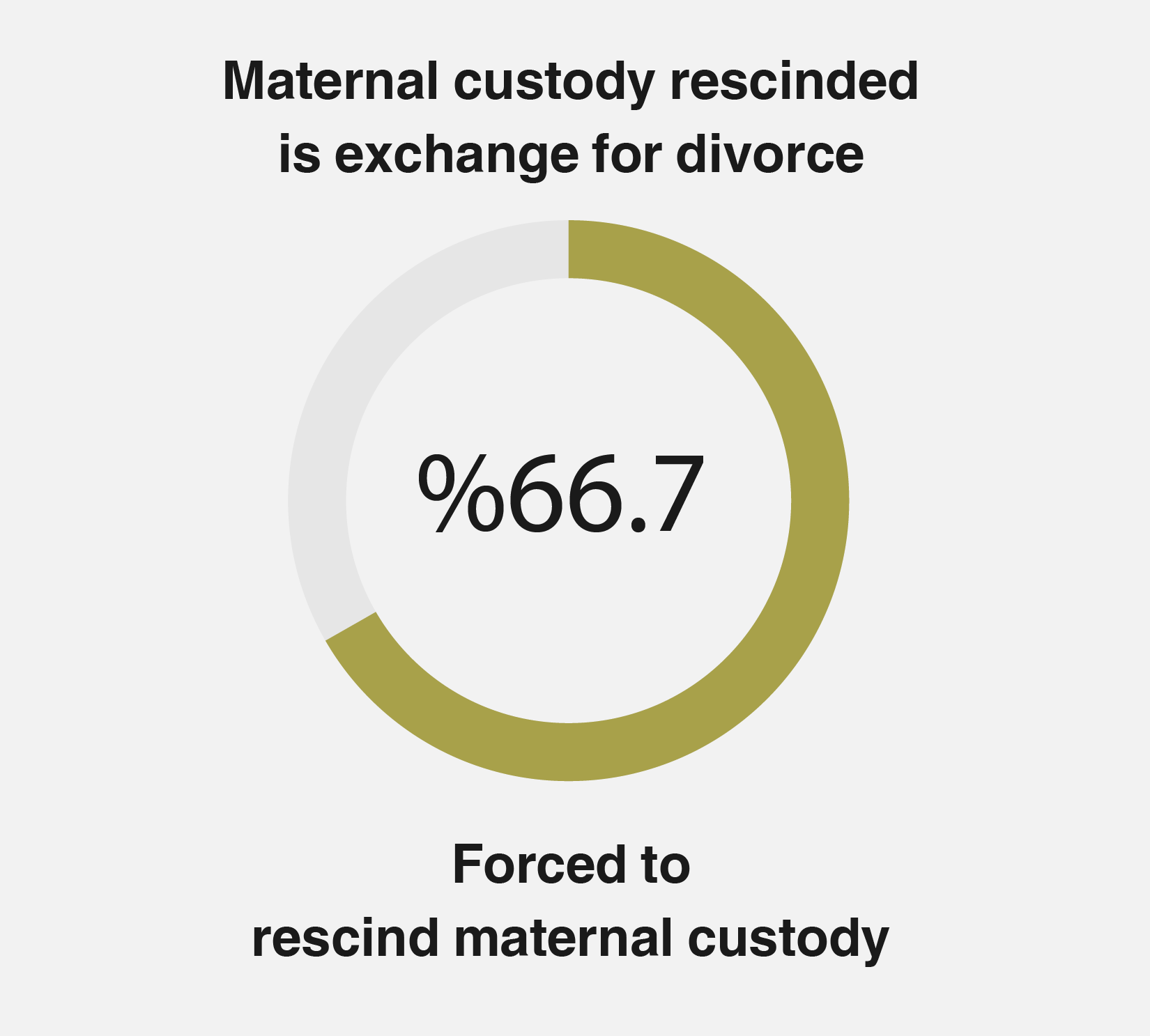
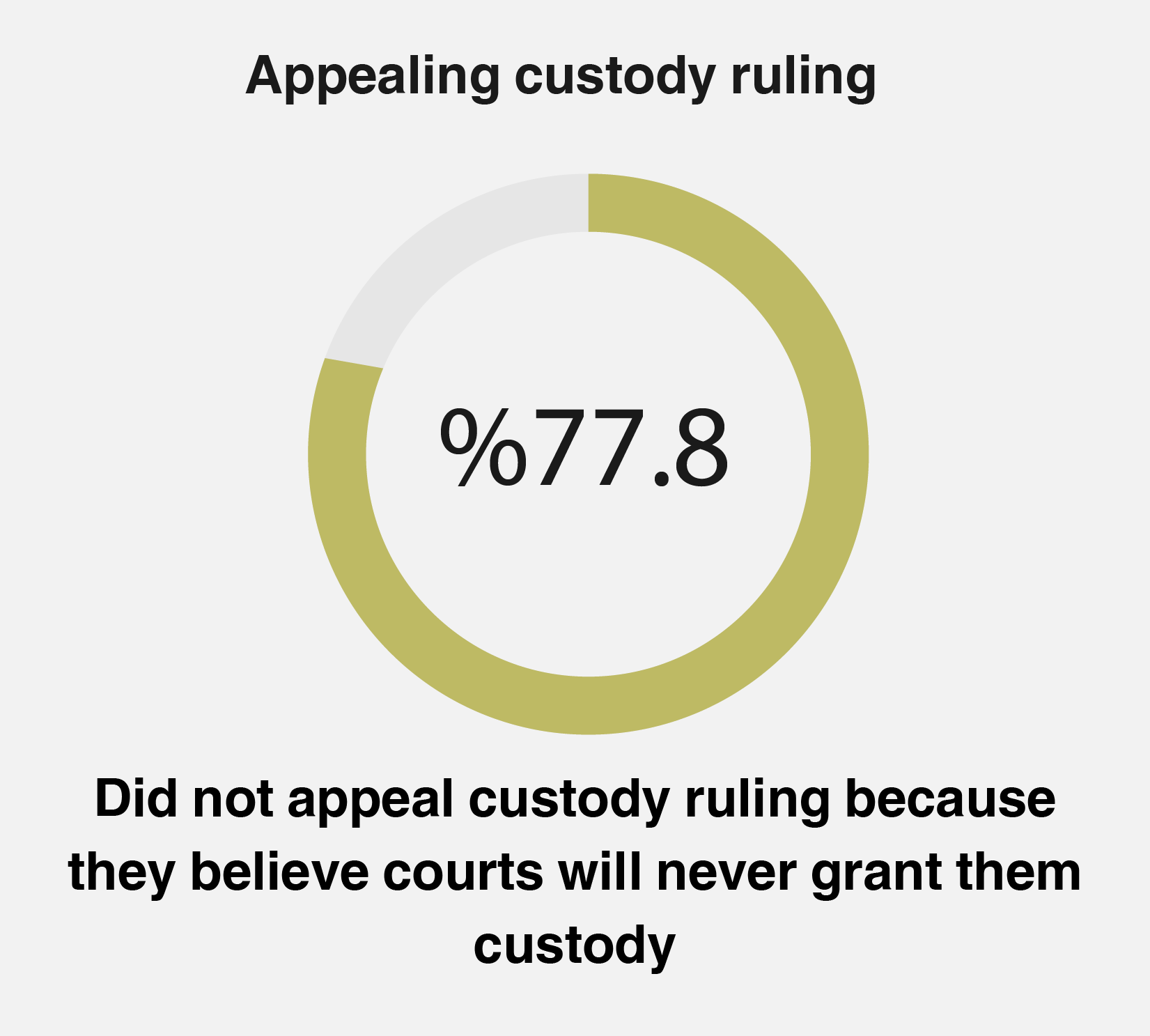
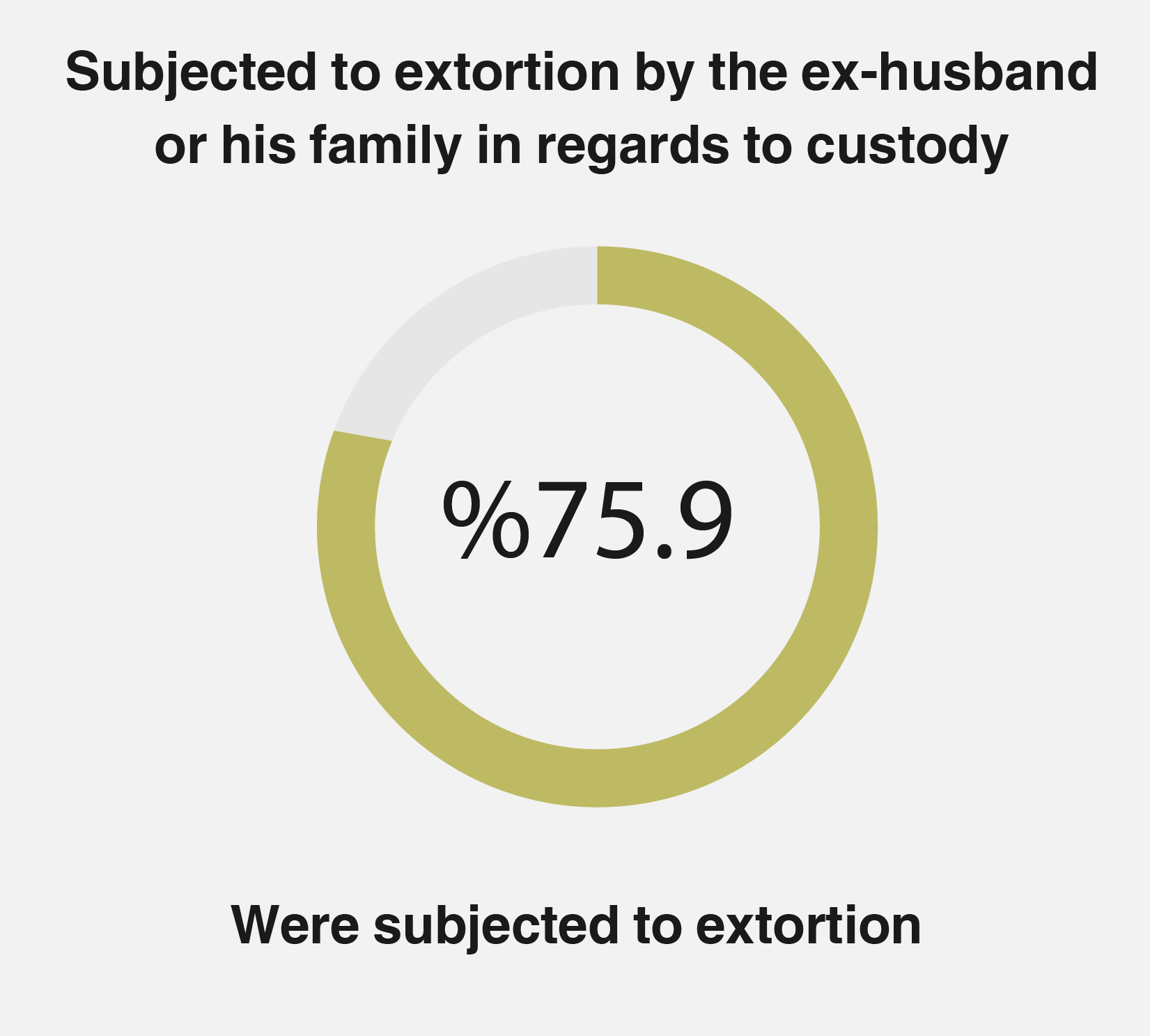
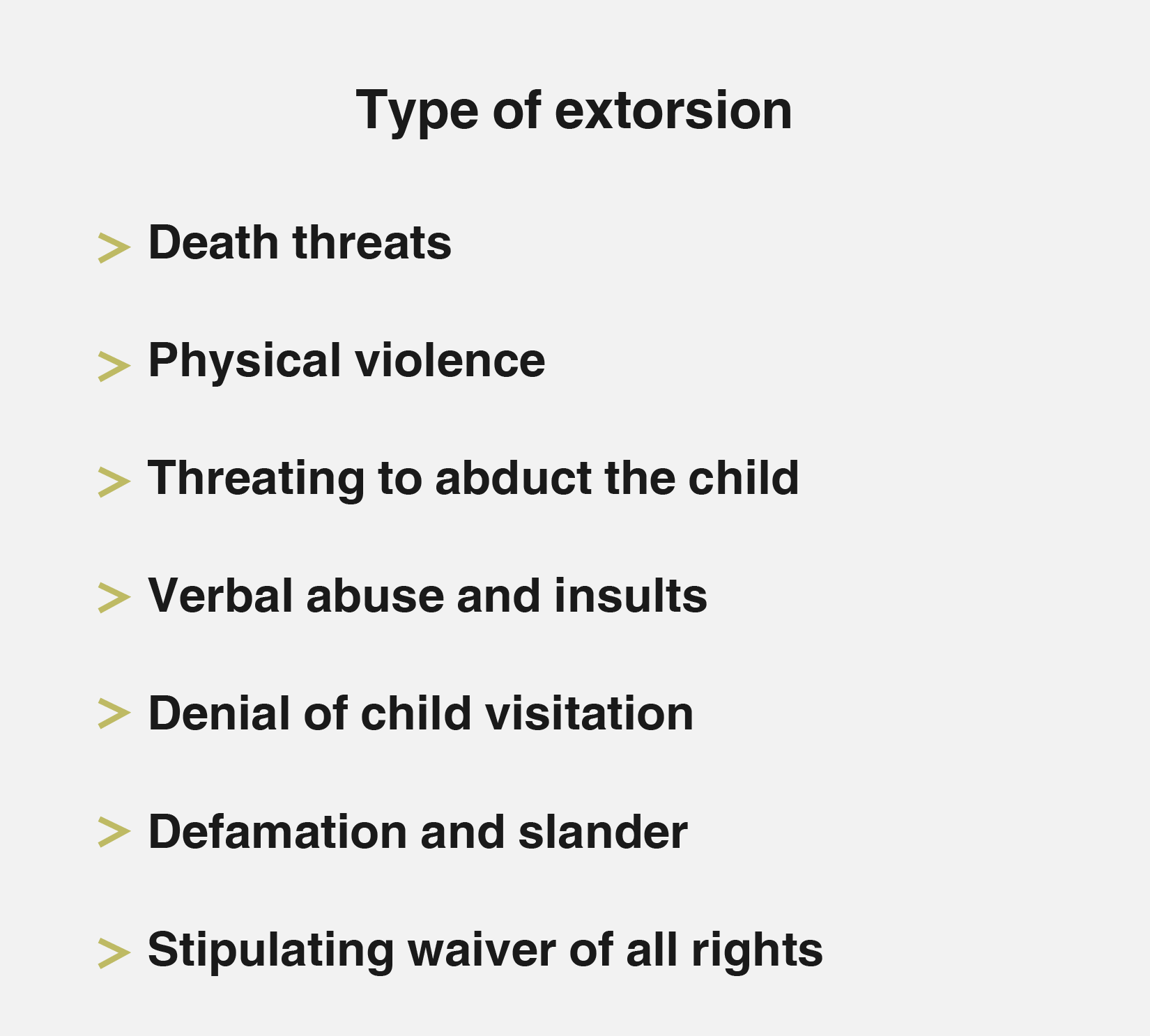
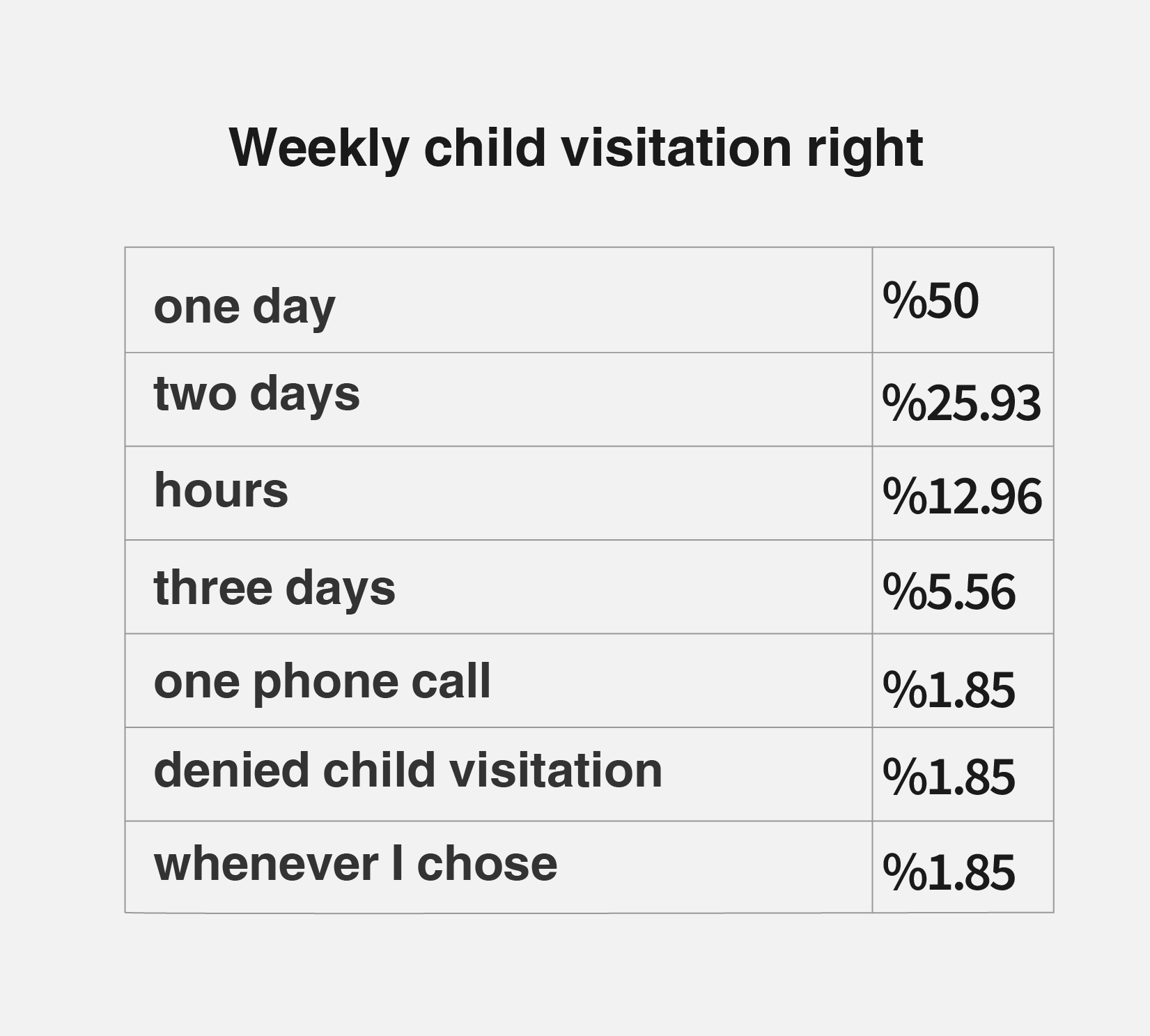
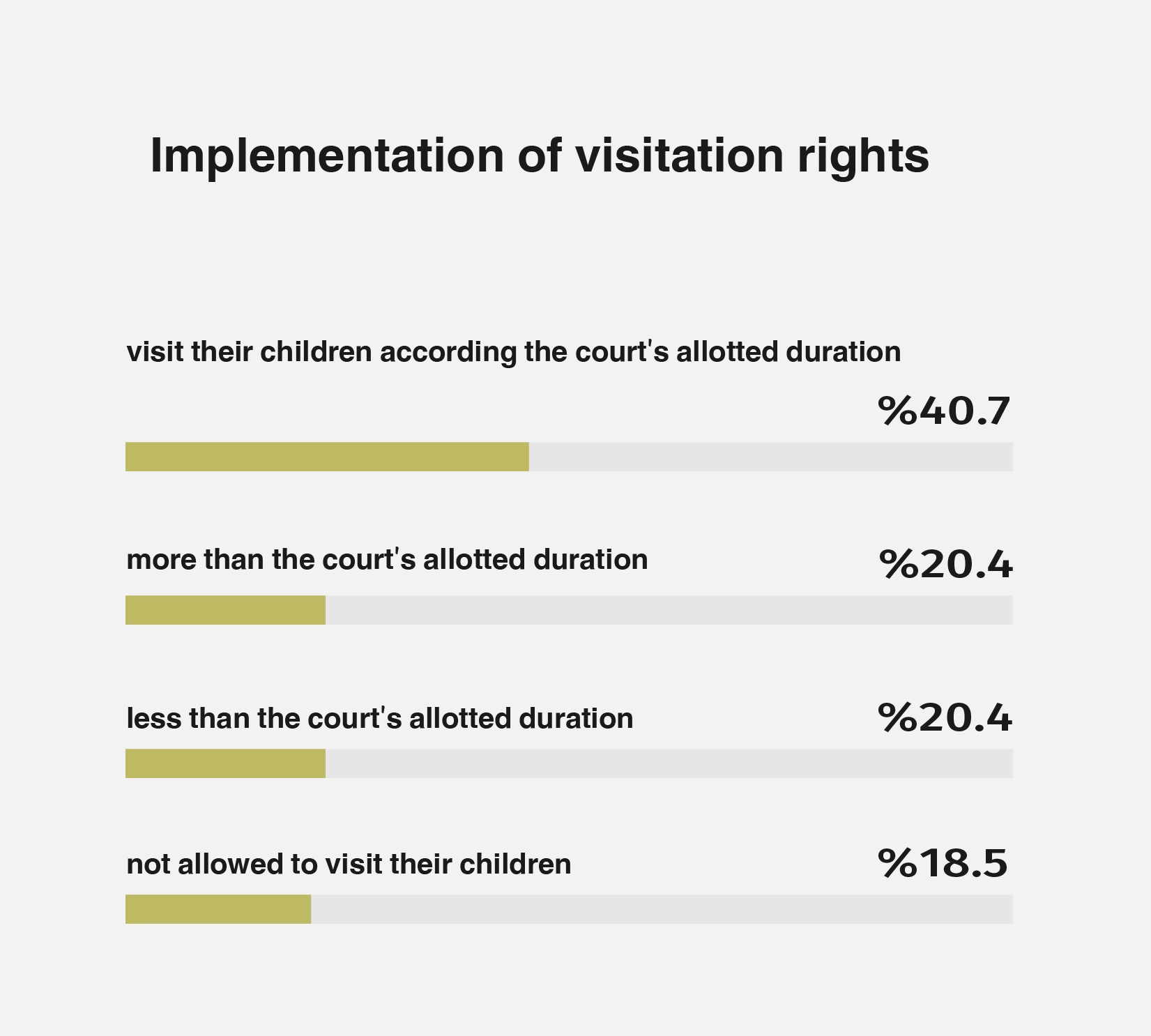
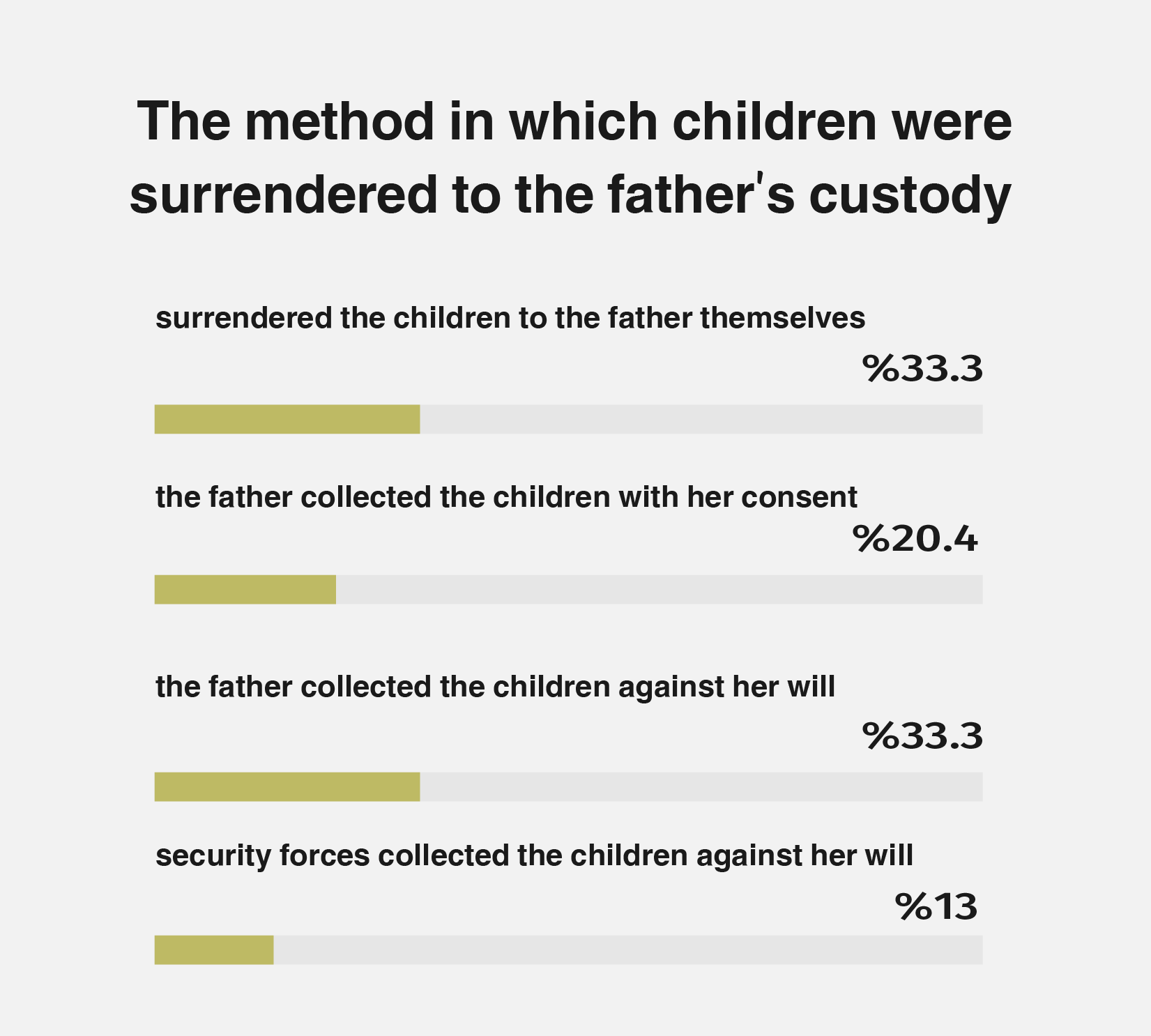
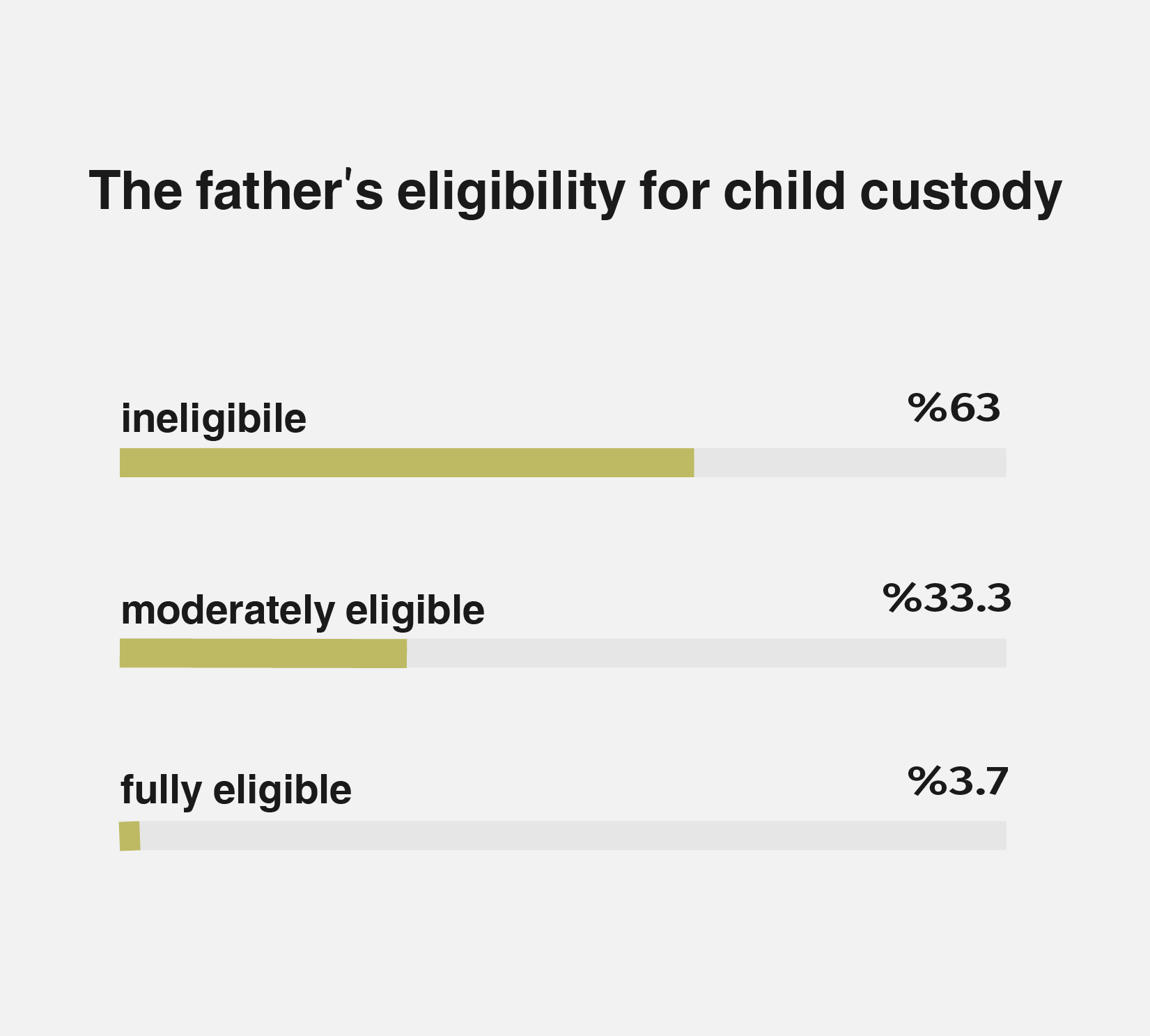
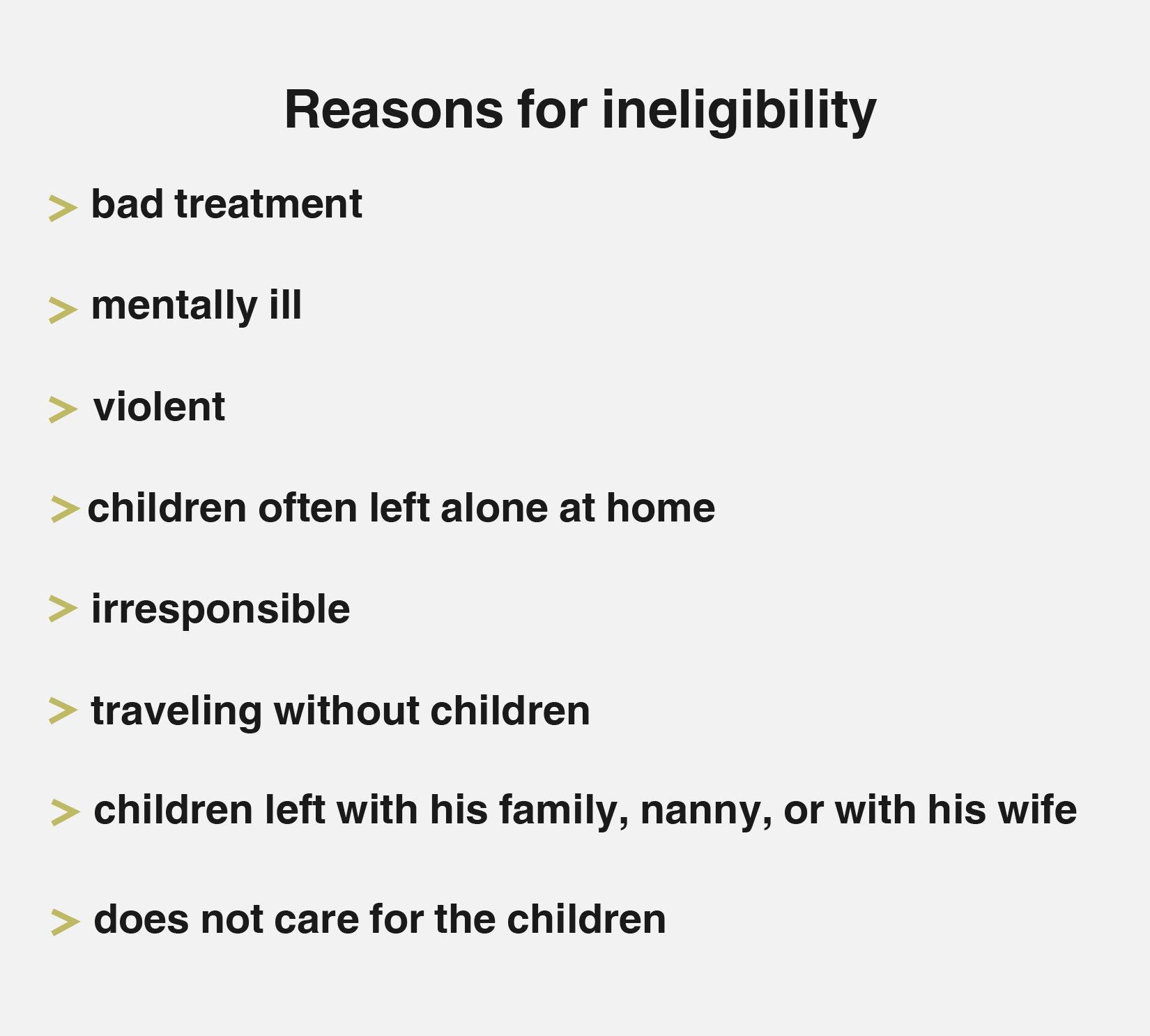

The Ja’afari Judiciary Directory provides no guarantee for the protection of mothers if they are pressured into trading their children in exchange for divorces. Hundreds of Shiite women feel forced into parting with their very young children by husbands who make divorce contingent on signing away custody rights.
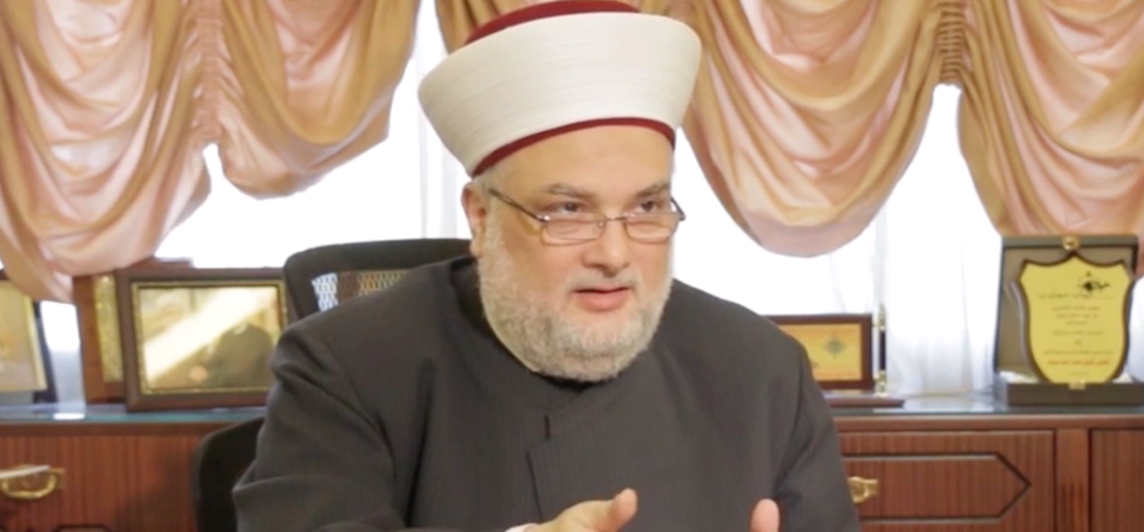
more entitled to custody over the father because she can raise, teach, and supervise her children. If the child reaches 12 and the judge finds it in the child’s interest to remain with his mother, the judge rules to keep him with his mother, as has occurred in many cases. We wish our brothers at the Ja’aferi courts would try to raise the age for which maternal custody is preferred, however they have their specifics in which we do not interfere.
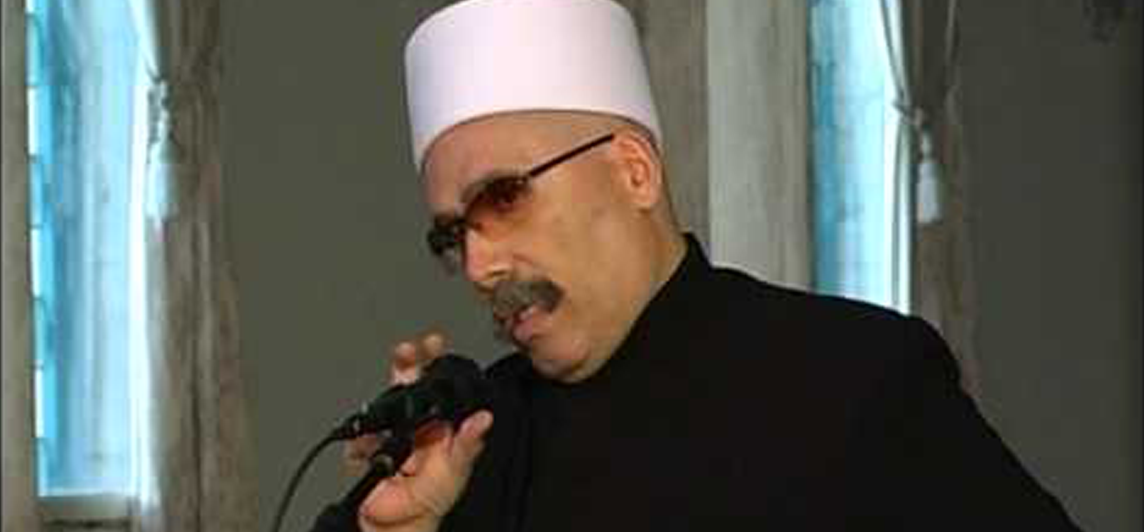
if the sect did not see the benefit in rising the age of maternal custody, they would not have done so. This was in response to many demands in support of the rights of women and mothers. The issue of custody with some sects, are in need of psychological, emotional, and social understanding and a modern treatment. If religion does not affirm the human approach and provides mankind with a sense of justice, then there are horrible mistakes in its execution.
Lebanon’s Freedom of Information act excludes sectarian courts fromr requirements to provide access to information. In other words, the sectarian courts are under no obligation to give out any information to investigators, which was confirmed by Ghassan Moukheiber a former parliament member who presented the bill to parliament.
Moukheiber said the sectarian courts exclusion did not exist previously and was added when the bill was discussed in parliament under the pretext that “Sectarian courts have independent constitutional power separate from other administrative bodies including civil courts.”
In 2016, Kawthar*, a Shiiat mother, fled to Germany with her 5-year-old daughter after the Ja’afari court granted custody of her to her ex-husband. “I suffered a lot of abuse and beating at the hands of my ex-husband” she said. She is still afraid of him catching up to them and preventing her from seeing her daughter.
In addition to giving fathers custody over infants, the Ja’afari courts often grant mothers the right to see their children for less than 24 hours a week. Many men also deny mothers the right to see their children in violation of article (359) of the Ja’afari Judiciary Directory: “The father has no right to forbid her from seeing her child, but should enable her to do so.”
“No one can replace the mother. She is the first person the child comes to know. He recognizes her scent, voice, eyes, appearance, and her laugh.” In this way, Dominique Roumieh an evaluation and psychotherapy specialist, describes the importance of a mother’s presence in her child’s life. He says children need the “continuous presence: of their mothers up through the age of 7 at a minimum.
Roumieh said he has treated children suffering from psychological and behavioral issues as a result of separation from their mothers while their fathers are busy elsewhere. “The father in these cases doesn’t see his children frequently or they are living with their grandparents or a step mother who cannot possibly replace their mother,” he said, noting that the mothers typically are living "in shock and oppression, and may turn into a miserable or anxious and rebellious person.” Giving the mother the right to see her children for mere hours, "will not address the problem, or replace her presence in their lives," Roumieh said.
All 54 women surveyed confirmed that their own and their children's mental state were affected by mutual deprivation.
In the past several women faced incarceration as a result of refusing to give up their children. Article 496 of the Lebanese penal code says that “The punishment for the father or mother or any person refusing to comply with the judge’s order by rejecting or delaying the surrender of a minor is imprisonment from three months to two years and a fine of 50 ,000-200,000 Lebanese lira” (about US$33 – 133).
In November of 2018, a video spread across social media of a raid at the house of attorney Fatima Zaarour, the ex-wife of the director general of the General Security force, Major Gen. l Abbas Ibrahim. The raise was meant to enforce his custody rights, after the mother refused to give up her2 ½-year-old child as the Ja’afari court had ordered.
These incidents happen repeatedly. According to the survey, one in 10 women who lost custody of their children through Ja’afari court rulings had their homes raided by security personnel forcing them to surrender their children to the father.
At the time, the hashtag #motherhoodisnotacrime spread across Facebook and Twitter criticizing attempts to forcefully separate mothers and children. Immediately afterwards, the former Minister of Justice Salim Jreissati asked Attorney-General of the Courts of Cassation, Judge Samir Hamoud to make sure a social worker accompanied security forces during the raids to assure against psychological damage to children. The judge declined to comment to this investigator about whether he had had implemented the request.
When Zeina Ibrahim went to the Jafari court to file for a divorce late 2012, she discovered the possibility of losing her child because of custody laws. This prompted her to launch the “National Campaign to Raise the Custody Age with the Shiite Sect” in order to help women suffering from Jafari court rulings. She would raise the age of custody to 7 for boys and 9 for girls, with custody being shared by parents after those ages.
But a member of the Supreme Islamic Shiite Council Sheikh Ali Bahsoon believes that "women in general claim to be oppressed in all sects," adding that "people by nature want their religion’s sharia to be according to their desires.”
After Bahsoon made his opinion known, Ibrahim responded, “Because of the law, many children are deprived of their mothers” and that the Shiite council’s door “was frightfully shut, as if we were asking them to change their religion.”
Bahsoon said, in turn, “If some are deluded into thinking we will change our religion to please them, then we will not change our religion.”
Ibrahim believes that the council’s unresponsiveness to women stems from the fact that they will lose authority, especially losing the trump card played daily against woman in Ja’afari courts.
The Ja’afari courts ignore some of the Fqih opinions of the Shiite sect when it comes to custody among those is the fatwa by the late Shiite cleric Sayyid Muhammad Hussein Fadlallah, which states that mothers have a greater right to custody up to the age of 7, a fundamental religious opinion in Lebanon not followed by the Jafari courts, as confirmed by Sheikh Bassoon.


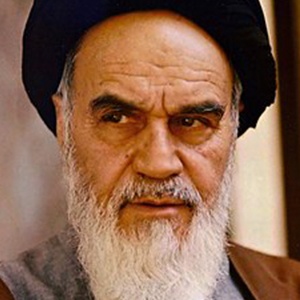
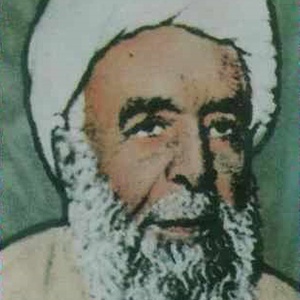
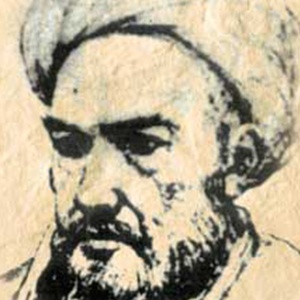
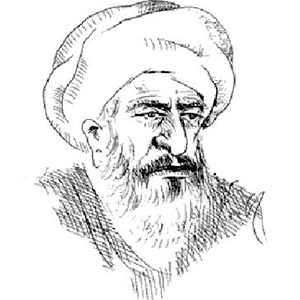
Sayyed Ali Fadlallah son of the late Shiite cleric, said that as he sees it, “The mother is more affectionate, attentive, and caring. God endowed mothers with the emotional aspect the child requires. And after the age of 7 the child’s interest must be taken into consideration, because the child’s best interest is not always with the father.”
Sayyed Fadlallah wonders what would happen if the person suffering from the custody laws was the daughter of a Ja’afari judge. “Would he treat her the same way he treats other people?” He says he is “not criticizing but trying to reform” and he asks the Ja’afari courts to “not consider only one religious opinion…”
In a second survey conducted with 642 women currently married in Ja’afari courts, the investigator ascertained that 97.2 percent support rising the current custody age from 2 to 7 for boys and from 7 to 9 for girls.
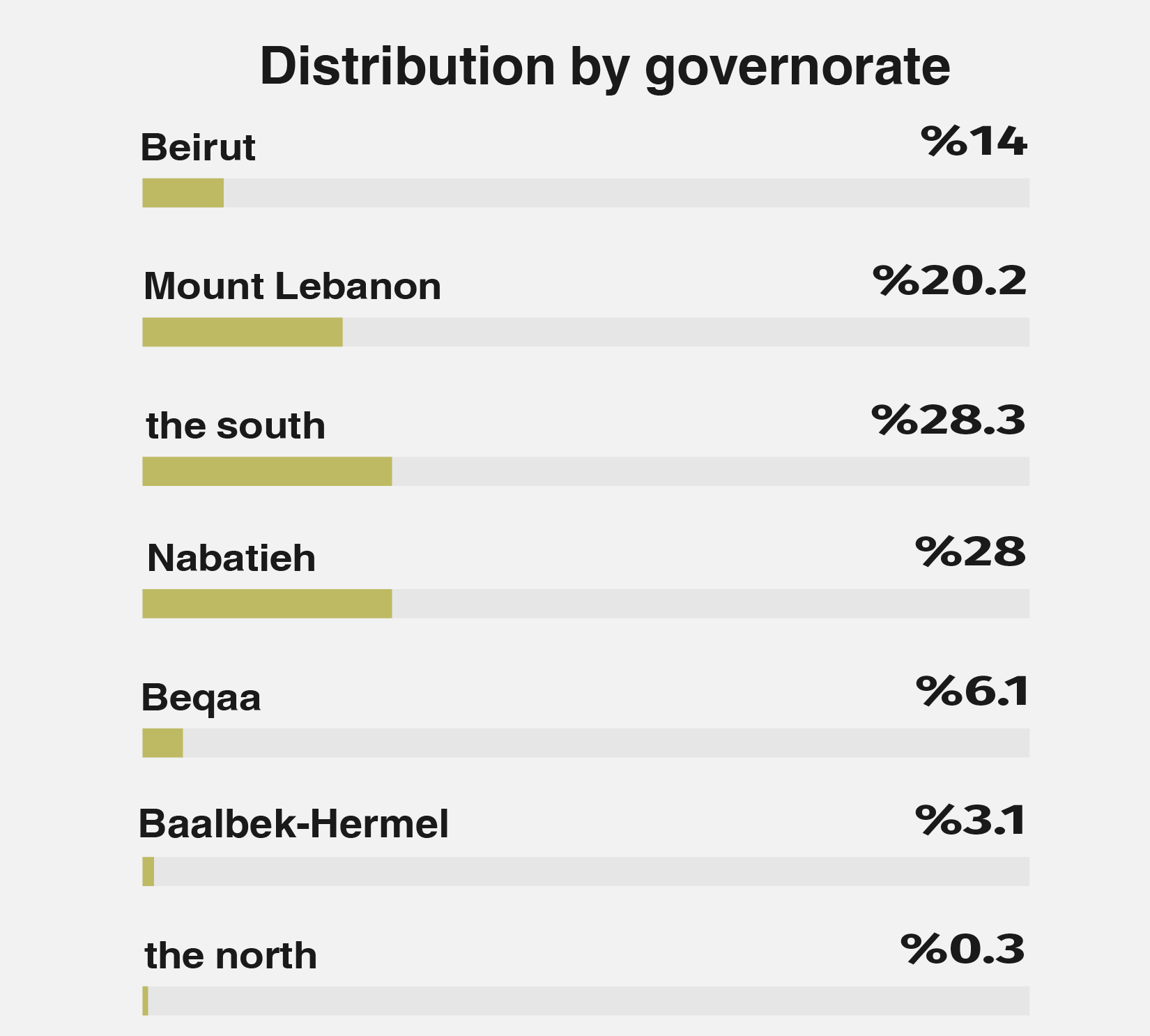

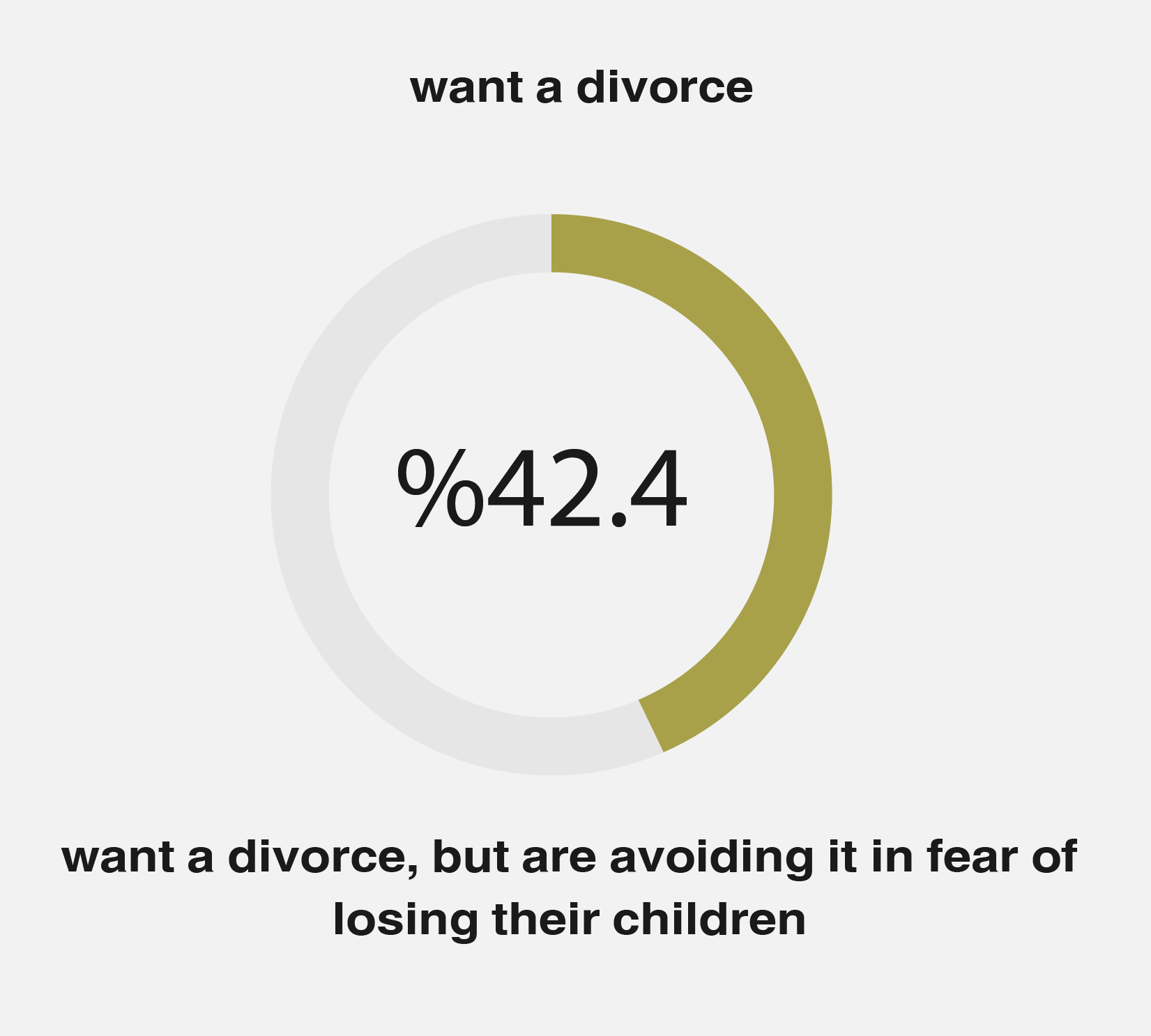

interactive display of survey which targeted 642 women married in Ja’aferi courts in Lebanon.
Despite the demands to raise the age of custody and the door to religious opinion being open with the Shiite sect, the Supreme Islamic Shiite Council - and with the Jafari courts, persist in their refusal to amend the law.
Mothers and children remain hostage to the father’s whim and the provision of Ja’afari laws. Where the Supreme Islamic Shiite Council, according to Sheik Ali Bahsoon, persist in its refusal to rise the age of custody with Shiite sect, Zeina Ibrahim argues that “Our demands don’t mean that we are going against the religion or the religious clerics. We are only asking for our rights.” She hopes – like many women – that “The time for change will come” and she wonders: “How much longer will this injustice last? You can no longer silence people.”
*Real names have been withheld to protect the women involved.